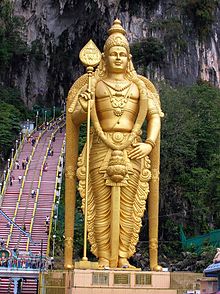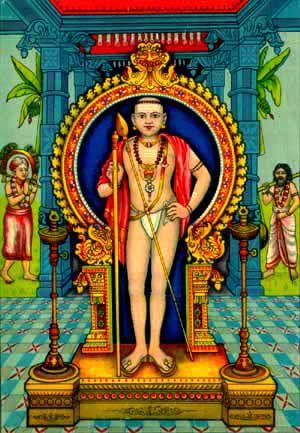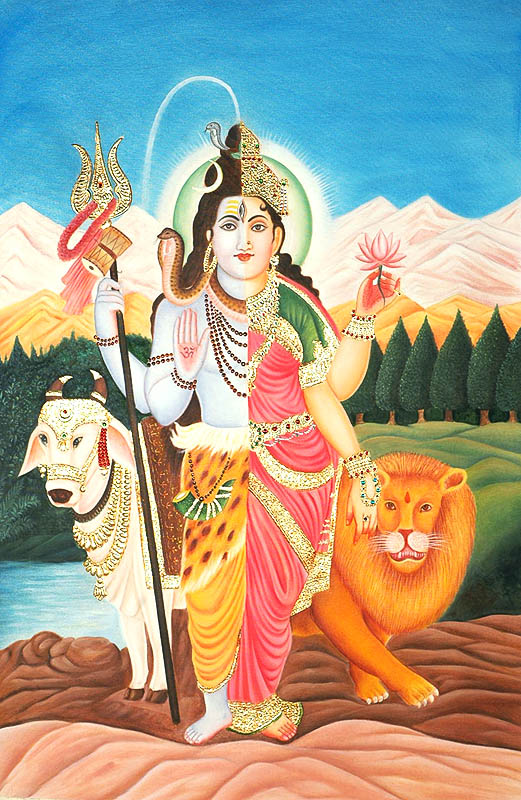TravisJC
Member
Namaste,
I'm back at it again with some more questions! Please forgive any mistakes I make for I am still learning. I have been learning a lot about Hinduism, specifically Lord Shiva and Abhishekam. Plus a whole lot more about things here and there.
My first question would be that I refer to this link for a general guideline for shiva abhishekam and I'm not exactly sure what the heck Kshama-Prarthana is. I have looked far and wide but I'm confused because each time I look into what this mantra I'm referred often to Durga or Krishna.
I often find myself watching shiva abhishekam and find that sometimes I'm not sure what they're reciting. Are parts of Sri Rudram recited throughout the process? By this I mean do they sing mantras in between offering milk, honey, curd, etc?
(I have included this link in order for you guys to have a better understanding of what I'm talking about. There seems to be a lot of chanting outside of the offering mantras, since I don't speak any Hindi, Tamil, etc I'm very lost)
Is Parvati a reincarnation of Sati? And whether or not this is true, does Durga represent Goddess Parvati or vice versa? Also, if Lord Kartikeya is the God of War is he supposed to represent a more "evil" side? I know there is a better word for evil but I can't think of one at the moment.
I realize these are questions that require in depth responses but that is exactly what I am looking for! I hope to learn from everyone so please let's converse about Lord Shiva.
Thank you.
I'm back at it again with some more questions! Please forgive any mistakes I make for I am still learning. I have been learning a lot about Hinduism, specifically Lord Shiva and Abhishekam. Plus a whole lot more about things here and there.
My first question would be that I refer to this link for a general guideline for shiva abhishekam and I'm not exactly sure what the heck Kshama-Prarthana is. I have looked far and wide but I'm confused because each time I look into what this mantra I'm referred often to Durga or Krishna.
I often find myself watching shiva abhishekam and find that sometimes I'm not sure what they're reciting. Are parts of Sri Rudram recited throughout the process? By this I mean do they sing mantras in between offering milk, honey, curd, etc?
(I have included this link in order for you guys to have a better understanding of what I'm talking about. There seems to be a lot of chanting outside of the offering mantras, since I don't speak any Hindi, Tamil, etc I'm very lost)
Is Parvati a reincarnation of Sati? And whether or not this is true, does Durga represent Goddess Parvati or vice versa? Also, if Lord Kartikeya is the God of War is he supposed to represent a more "evil" side? I know there is a better word for evil but I can't think of one at the moment.
I realize these are questions that require in depth responses but that is exactly what I am looking for! I hope to learn from everyone so please let's converse about Lord Shiva.
Thank you.
Last edited:




